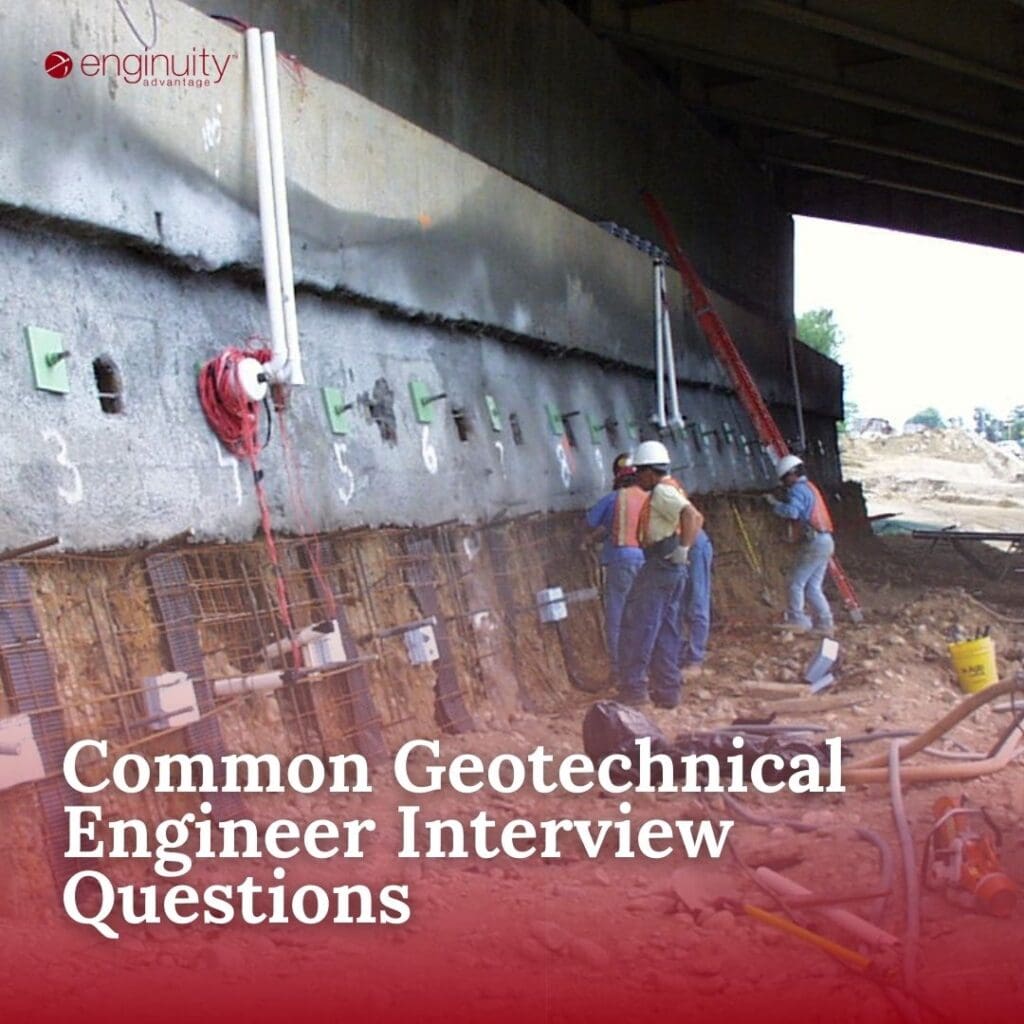Geotechnical Engineering What Is It and Exactly How It Ensures Safe and Steady Structures
Geotechnical Engineering What Is It and Exactly How It Ensures Safe and Steady Structures
Blog Article
A Comprehensive Review of the Key Solutions Used by Consulting Civil Engineering Professionals in Modern Building And Construction
Consulting civil engineering professionals are important to the success of contemporary building tasks, supplying a diverse suite of services that attend to numerous obstacles. From performing detailed website analyses and expediency research studies to ensuring compliance with stringent governing structures, these professionals prepared for lasting and secure advancement. Their expertise includes architectural style and job management, which are vital for accomplishing prompt and cost-efficient end results. As the intricacy of building projects remains to progress, understanding the full range of services they provide ends up being progressively necessary for stakeholders. What ramifications does this have for the future of building practices?
Website Assessment and Expediency Researches
When starting any kind of construction job, understanding the site's features is essential, as it straight impacts the usefulness and design of the growth. Site analysis and feasibility research studies are important components of the pre-construction stage, enabling stakeholders to make educated choices. These researches involve a detailed assessment of the physical, environmental, and regulative facets of the site.

By integrating these aspects, civil design professionals can supply an all natural view of the site's feasibility for the desired development. Eventually, comprehensive website evaluations and expediency studies lay the groundwork for successful job execution, maximizing and decreasing risks resource allotment.
Architectural Layout and Evaluation
Adhering to an extensive website analysis and usefulness study, the next crucial phase in the building process is architectural style and evaluation. This crucial solution entails the development of structural systems that make sure the security, longevity, and financial stability of a task. Consulting civil designers use sophisticated methods and software application to examine tons, tensions, and material homes, making sure that styles abide by pertinent codes and criteria.
Structural design encompasses numerous aspects, including beams, columns, structures, and bearing walls. By applying concepts of technicians and material science, designers produce structures that can withstand environmental pressures such as wind, seismic activity, and snow loads. The analysis stage includes thorough computations to predict the actions of these frameworks under various problems, ensuring they can execute as meant throughout their lifespan.
In addition, speaking with designers work together very closely with engineers and other stakeholders to incorporate structural aspects aesthetically and functionally. The deliverables commonly include thorough drawings, requirements, and detailed records that help with the construction procedure. Inevitably, efficient architectural design and analysis are pivotal in lessening risks, enhancing sources, and attaining successful job results in modern-day construction.
Job Monitoring and Sychronisation
Reliable project administration and control are vital elements of effective civil design solutions, guaranteeing that building jobs are delivered on schedule, within budget plan, and to the needed quality criteria. Consulting civil engineers play a critical role in managing different task components, from preliminary preparation through to project completion. This includes not only the technical elements of style and building and construction but also the tactical administration of sources, stakeholders, and timelines.

Additionally, civil design experts highlight the relevance of paperwork and reporting throughout the job lifecycle - geotechnical engineering in south africa. By maintaining accurate documents, they guarantee openness and liability, which fosters trust fund among all celebrations entailed. Inevitably, skilled task management and sychronisation cause boosted job results, straightening with customer assumptions and adding to the total success of the construction venture
Regulatory Conformity and Permitting
Effective project management prepares for dealing with regulative conformity and allowing demands in civil design jobs. Making sure adherence to regional, state, and federal guidelines is crucial for the successful implementation and conclusion of any construction venture. Consulting civil design professionals play an essential duty in navigating the complex landscape of governing structures and permitting procedures.
These professionals are well-versed in zoning laws, constructing codes, environmental regulations, and safety and security requirements that govern building and construction methods. They conduct comprehensive assessments to recognize all applicable regulations, guaranteeing that projects abide by necessary legal demands. By collaborating with governmental firms and stakeholders, consulting engineers facilitate the permitting procedure, improving authorizations and reducing hold-ups.
Additionally, they prepare and send the requisite documentation, such as website strategies, environmental influence assessments, and design records. This positive strategy not only promotes conformity but additionally enhances job usefulness and sustainability. Ultimately, reliable regulatory compliance and allowing are essential elements of an effective civil design project, securing both the environment and public welfare while adding to the overall stability and success of building campaigns.
Sustainable Style Practices
Lasting style techniques are increasingly acknowledged as necessary components in civil engineering, with a focus on lessening ecological impact while maximizing resource efficiency. These methods include a series of strategies focused on promoting eco-friendly equilibrium and minimizing the carbon footprint of construction jobs.
One key facet of sustainable design is the integration of renewable resource resources, such as solar and wind, right into structure layouts. This not just minimizes dependence on fossil gas however likewise improves long-lasting expense savings. Furthermore, the use of sustainable materials, including recycled or rapidly renewable sources, plays a significant function in reducing waste and saving natural deposits.
Water administration techniques, such as rainwater harvesting and effective irrigation systems, are likewise critical in lasting layout. These practices help in minimizing water consumption and safeguarding neighborhood water ecosystems. Additionally, ecologically sensitive site preparation makes certain very little disruption to the all-natural landscape and promotes biodiversity.
Consulting civil engineering specialists are critical in implementing these Full Article lasting style practices. Their competence permits the implementation of ingenious solutions that line up with both regulatory other needs and client objectives, inevitably adding to a much more lasting developed setting.
Conclusion
In recap, speaking with civil engineering specialists supply crucial solutions that underpin the success of contemporary construction jobs. With thorough site analyses, innovative structural layout, effective task management, adherence to regulative standards, and the application of lasting practices, these specialists add to the development of secure, efficient, and ecologically liable developments. The combination of these vital services not just enhances task outcomes however additionally promotes a sustainable future in the building and construction market.
Reliable project monitoring and sychronisation are important components of effective civil engineering services, ensuring that building jobs are provided on time, within budget plan, and to the called for top quality criteria. Consulting civil designers play an important function in coordinating numerous task components, from first preparation through to project completion. Ultimately, efficient task monitoring and control lead to boosted task outcomes, lining up with client expectations and adding to the total success of the construction endeavor.

Report this page